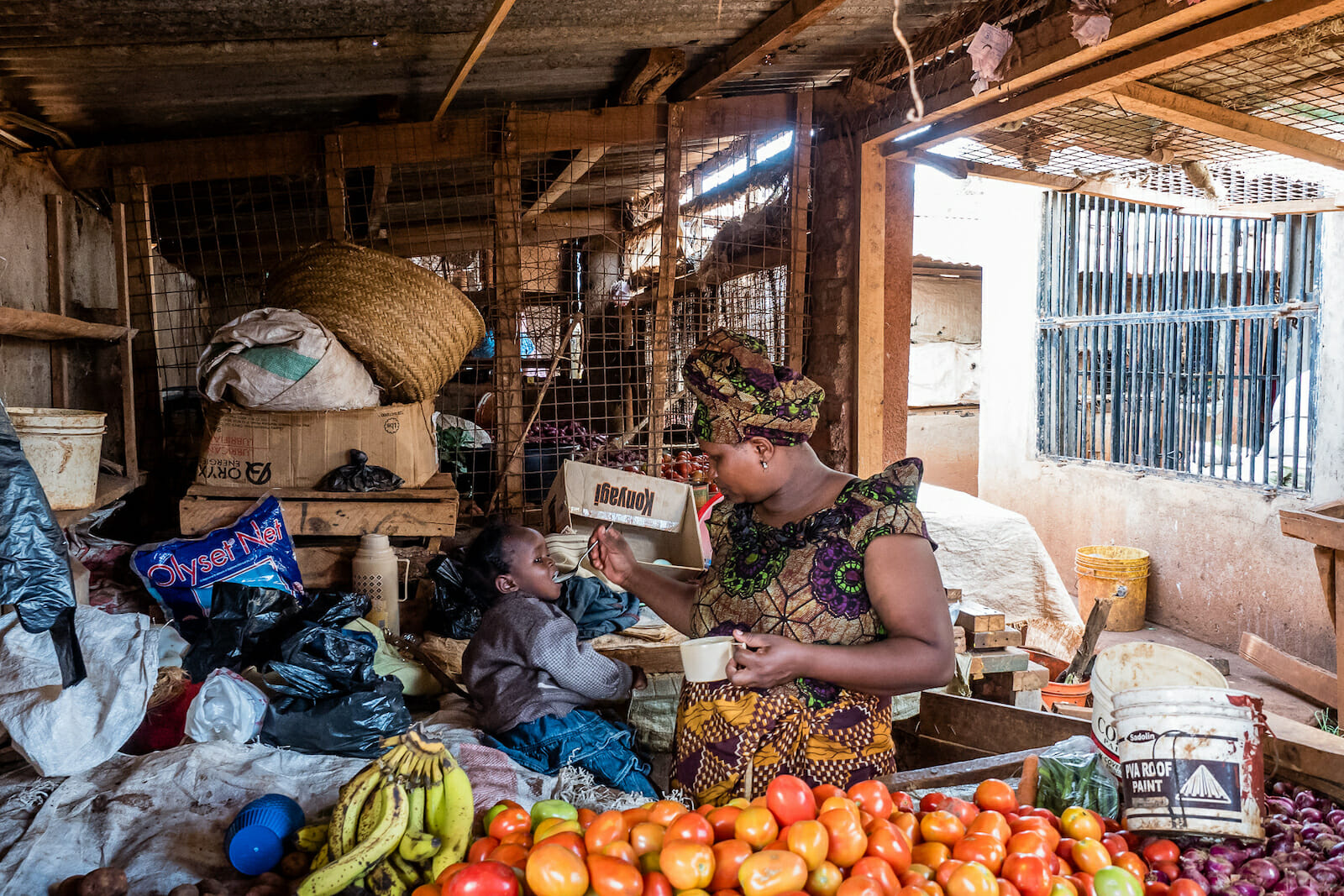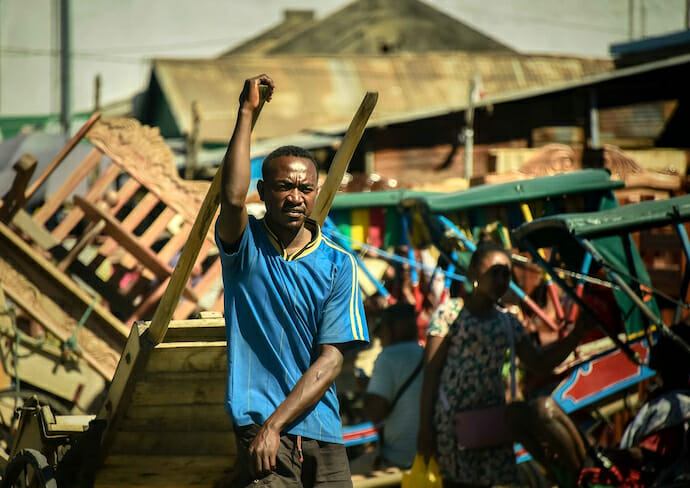
Africa-U.S. Relations Under the Biden Administration: An African View
Aside from a number of military bases, Africa has never been a priority for the United States. This might change under the Biden administration. President Biden released a message to the African people pledging a new “shared vision” with the continent and advocating for a partnership based on “solidarity, support, and mutual respect” in advance of the 34th Summit of the African Union. Biden’s message appears to be a change in policy from his predecessor.
However, to ordinary Africans, this pledge will remain exactly that, a pledge unless tangible policies are put forth. Considering that Africa has other emerging allies like China, Russia, and Turkey, they need to see actual policies put forth by the United States.
Decades after many African countries achieved independence, the continent still faces old demons from civil wars, poor governance, and epidemics and disease that have killed hundreds of thousands of people. Thousands of African children under the age of 5 still die from malaria each year. It is time for African leaders to have a real vision for the continent and free themselves from the victim mentality. Neocolonialism is still a real problem, but Africans expect more from their leaders.
The United States should make Africa a priority for its own sake. Many U.S. adversaries and allies have put into place an agenda for Africa. France, China, and Russia have all held summits on the continent. The recent China and Russia summits, for instance, testify to the importance of the continent in their geopolitical strategies. With a population that will reach almost 2.2 billion by 2050 and rich in mineral resources, Africa will be an essential actor in world affairs in the coming decades.
The U.S. must stop seeing Africa as a faraway land and taking it for granted for several reasons. First, Islamic terrorism is an existential threat to peace and stability on the continent. Since the rise and fall of the Islamic State in Iraq and Syria, its leaders and fighters seem to have made Africa their new target. They have taken advantage of various socio-ethnic-political problems and porous borders to establish their own authority over certain territories. Boko Haram in Nigeria, Ansar al-Sunna in Mozambique, or Nusrat al-Islam in the Sahel region, have caused unmeasurable human suffering in many countries. Instead of withdrawing its resources on the ground, the U.S. should define a real strategy to defeat terrorist groups along with its African partners.

The African Union just launched its Africa Continental Free Trade Area to accelerate trade within the continent and to strengthen Africa’s collective trade position in the world. This initiative will boost the economy of many African countries. The U.S. should develop a new economic partnership with the continent. An economic partnership that will help the continent rise from its legendary lethargy, and at the same time promote U.S. economic interests and make the U.S. a major actor to counterbalance China and Russia’s growing influence on the continent.
Biden should propose a regional summit in the coming years that will create a new economic alliance, solidify American national interests, and challenge African leaders in their approach concerning problems on the continent.
Lastly, through this new partnership, the U.S. must demonstrate its readiness for the challenges ahead and genuinely support African countries through health policies and encouraging democracy. Ebola and the COVID-19 pandemic demonstrate how every country in the globalized world should work together to prevent or contain any infectious diseases.
Support from the U.S. in preventing the spread of infectious diseases will be crucial and build up more goodwill than any Chinese largesse. American leadership is also needed to promote democratic principles on the continent and change the continuous decades of reigns of African dictators that impede the continent’s real development. Moreover, America should be on the side of African countries, especially African people who are fighting for democracy, fair elections, free speech, peace and security, human rights, and LGBTQ rights.
The U.S needs to diversify its strategic partners, and the African continent, with its strategic position and resources, is already a great place to start. The U.S. should develop a win-win partnership with the African Union which will help mitigate diverse problems that hinder the development of Africa.

